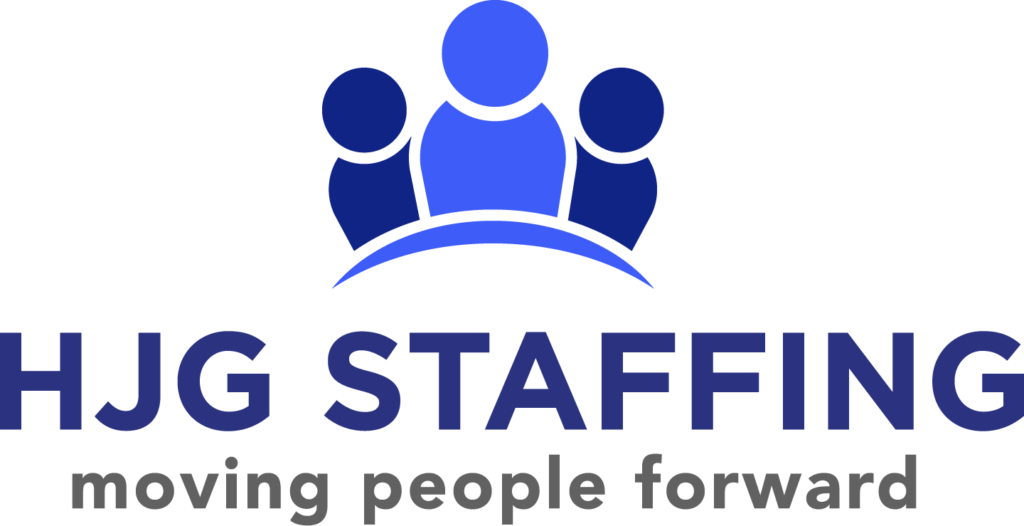Conditions such as ADHD and Autism fall into the neurodivergent category. According to Forbes, “Neurodivergent is a non-medical umbrella term that describes people with variation in their mental functions, and can include conditions such as autism spectrum disorder (ASD) or other neurological or developmental conditions such as attention-deficit/hyperactivity disorder (ADHD).”
It is estimated that 15-20% of the world population falls into this category, and while many of us have heard of ADHD and autism, misconceptions remain.
There is a high likelihood that someone in your life, a classmate, coworker, friend or family member is neurodivergent. Learning about and understanding the world around us and how to optimally navigate our individual place within it can be a challenge for everyone. However, a lot of the world as we know it is created for the neurotypical brain.

Neurodivergent individuals, even those unaware that they are, typically learn to mask early on in life. Masking is true to its name and involves putting on a social mask. PsychReg describes masking as “…a term explaining how neurodivergent people feel the need to camouflage in social situations to appear neurotypical. Masking is a form of social survival displayed in different ways depending on the behaviours the individual wants to conceal.”
For the record, it’s human nature to gradually warm up to people. After all, Most of us don’t share our deepest and darkest thoughts with strangers. Yet, for some neurodivergent people, it’s not so simple. It’s not necessarily that the social skills are poor, just different. “Because social communication and interaction can be an area that proves difficult for many neurodivergent folks, autistic people often find it difficult to keep up with back-and-forth conversations, engage in group settings, and build relationships (Psych Central).”

Wearing these social masks and juggling life can be especially draining. Finding ways to unmask in public can go a long way for overall well-being, even though it remains scary and even risky for some. “Even though there’s so much more education surrounding the neurodivergent brain, I have deeply rooted fears from previous jobs and past experiences,” says Kelsey, a retail employee. “Because of the way my brain functions, reading between the lines is a challenge, and I need a lot of clarity. Asking a lot of questions has annoyed and frustrated previous co-workers and managers.”
Kelsey’s story is one example of the many roadblocks neurodivergent people face in the workplace. Nonetheless, unmasking is imperative, and most of us spend a good chunk of time working. Just like wearing a physical mask all day, “being on” for hours is uncomfortable, draining and takes a lot of effort. This is why it’s important to try unmasking as much as possible throughout the day.
Of course unmasking is easier said than done, but even small moments of unmasking can make a world of difference. Today, Team HJG is exploring 4 ways to unmask in the workplace.
1. Stim at Work: The Child Mind Institute describes a stim as, “short for ‘self-stimulation,’ and defined as repetitive motor movements, use of objects, or speech. People with autism might rock for a few reasons, including overstimulation, under-stimulation, pain reduction, management of emotions, and self-soothing.”
Some stims, such as singing aloud, whistling, or moving around are not always acceptable for a working environment. Many neurodivergent individuals suppress certain stims in public, and that is perfectly okay. However, too much suppression can take a major toll.

One way to drop the mask at work is allowing yourself to stim. Explore different options, such as fidget toys, aroma therapy, and even stepping outside to take a break and stim in privacy. Also, if possible, try to gain comfort practicing certain stims in public.
“One of my stims is whistling, but I can’t loudly whistle every day at work,” says Jameel, an HR professional. “I make sure I have gum to chew, and that seems to satisfy my mind. I also make sure to get some of my energy out during my lunch break.”
While your go-to stims may not be suitable for the workplace or for your public comfort level, modifying your favorite stims and finding public-safe alternatives can help.
2. Conserve energy: Simply stated, masking is an exertion of mental, physical and emotional energy and can be incredibly exhausting. Therefore, conserving energy when possible is important. If you work in an individual space, like a solo office or cubicle, this is a great time to recharge. Noise canceling headphones, short meditations and stepping outside are all simple ways to conserve and even restore energy.

“As a teacher who is neurodivergent, optimizing moments to myself is vital to my day,” says Craig. “I am talking and teaching most of the day, except for 90 minutes. During that time I turn the lights off, shut my eyes and recharge in silence.”
Conserving energy in the workplace might take extra creativity when it comes to figuring out the acceptable ways to unmask. It might look like asking your manager for 2 hours of uninterrupted work time, eating lunch alone, or even toning down facial expressions.
3. Prioritize Comfort: Following workplace guidelines is necessary, but this doesn’t have to mean uncomfortable attire. Often, workplace apparel is viewed as stiff; however, we’re lucky to live during a time that includes more clothing options than ever. Dress pants with elastic waist bands, soft and spacious button down shirts and shoes with built-in support are all examples of comfortable yet professional clothing.
The last thing you want to worry about as a masking individual is feeling physically uncomfortable in your chosen outfit. Try assessing your wardrobe and making sure that clothes fit properly or allow the best fit for your comfort. Pay attention to fabric types, seams and anything else that might affect your comfort levels throughout the day. Even the breathability of fabric can play a part in your physical comfort.

4. Educate: Many individuals don’t exactly know what living with a neurodivergent brain entails. In fact, many neurodivergent individuals themselves don’t fully understand. As research continues, new discoveries are made. Therefore, we are always learning and evolving. Continually educating yourself on neurodivergence as well as taking the time to reflect on your own individual journey is necessary for normalizing ADHD, autism and more.
And while neurodivergent people don’t owe anyone an explanation of their brain, educating others can have rewarding benefits. “You never know how others might receive the information,” says Kara, a dental hygienist with ADHD, “but I have found that having a mutually respectful conversation with my peers about my brain and how I function best has helped them understand me more. It’s about working together.”

In fact, some people have found that through talking to others, it has helped people discover that they are neurodivergent too. “They say that knowledge is power, and I have found spreading awareness about neurodivergence to be a very powerful thing.” Kara has experienced moments of this conversation backfiring, but generally finds it to be a positive dialogue when people are open to learning.
Unmasking in a neurotypical world can be difficult, but that doesn’t mean it’s impossible. Even small unmasking efforts throughout the day can make a big difference. Allowing yourself to stim and conserving your energy are two methods in both energy preservation as well as energy creation. Prioritizing comfort allows other important things to take priority in your day. And finally, educating yourself means committing to your best self and learning how to optimally exist. Educating others is optional, but can ultimately reap the reward of spreading awareness and creating space and understanding for neurodivergent people everywhere.




